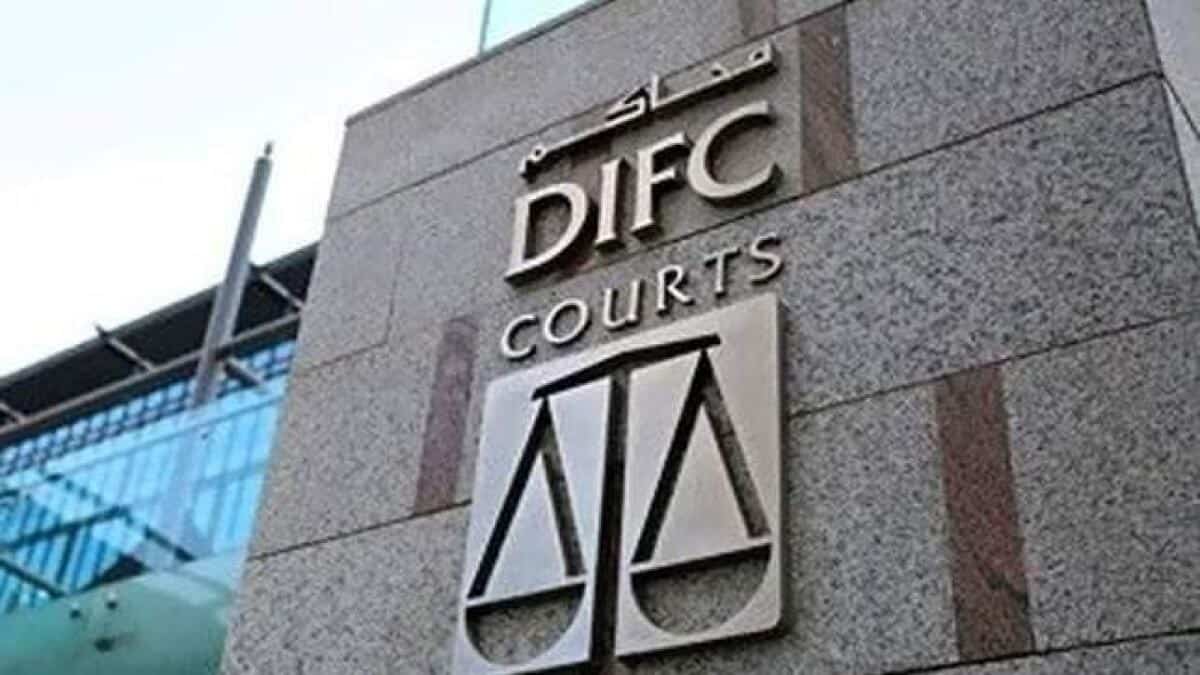Dubai, UAE–The Dubai International Financial Centre (DIFC) Court has launched a new set of industry-first specialised rules for its recently formed Digital Economy Court (DEC) Division.
A leading international judicial expertise Justice Michael Black of England & Wales has been recruited to oversee and operate the new court’s cutting-edge digital infrastructure and service capabilities.
Also read: Dubai to develop digital economy strategy
Following the announcement of the dedicated Division in 2021, a global panel of lawyers, led by Tom Montagu-Smith KC and Matthew Watson of 3VB Chambers, and industry experts, were tasked to draft and confirm new specialised Rules, which were also subject to a 30-day public consultation and finalised under the supervision of Justice Michael Black.
The DIFC Courts Rules will facilitate the efficient and modern resolution of digital economy disputes, standardising the use of smart forms to provide information through a dynamic, artificial intelligence driven platform. In line with the Courts’ paperless mandate, cases will also be conducted using advanced digital systems to expedite service to parties and enforcement, with a view to reducing the environmental impact of court proceedings.
Also read: ‘Dubai seeks to be among top digital economies’
In 2021, the DIFC Courts established the Digital Economy Court Division to oversee sophisticated national and transnational disputes related to current and emerging technologies across areas ranging from big data, blockchain, AI, fintech, and cloud services, to disputes also involving unmanned aerial vehicles (UAVs), 3D printing, and robotics.
Justice Omar Al Mheiri, Director, DIFC Courts, said: “The DIFC Courts has continued its trajectory to provide Dubai, the UAE, and the world, with a suite of dispute resolution services that truly break through the barrier of traditional public court services. Businesses that can adapt to embrace the future digital economy will do so with the knowledge that there is a sophisticated yet efficient venue to support and protect the continuity of business projects.
With the digital economy fast emerging as a prime accelerant of global business, these specialised Rules have been engineered to strengthen our mission of building a courts system that not only absorbs current dispute resolution needs but can flex to address and resolve new emerging disputes. This strategy has been further reinforced by ensuring we blend leading judicial expertise with innovative technological implementations.”
In 2022, the DIFC Courts issued a judgment in a case, which related to one of the first cryptocurrency litigation disputes in the region and one of the few reported cases anywhere in the world which addresses issues such as the safe transfer of cryptocurrency between buyer and seller and the obligations owed by a custodian of cryptocurrency. This case gave rise to various other interesting questions such as the nature of Bitcoins, i.e., whether cryptocurrencies are considered commodities, currencies, properties, or something entirely different, and the appropriate time to value Bitcoins.
From November 26 – 27, the DIFC Courts held a virtual Moot Court, inviting 18 teams of international law students and 25 qualified judges to hold a two-day competition to test-proof the new DEC Rules across a dispute involving cryptocurrency.








